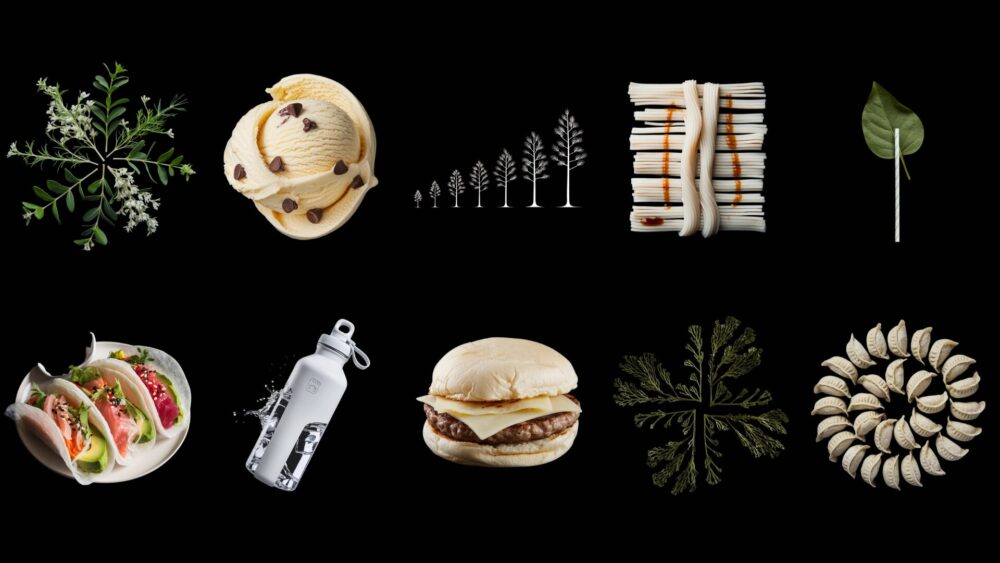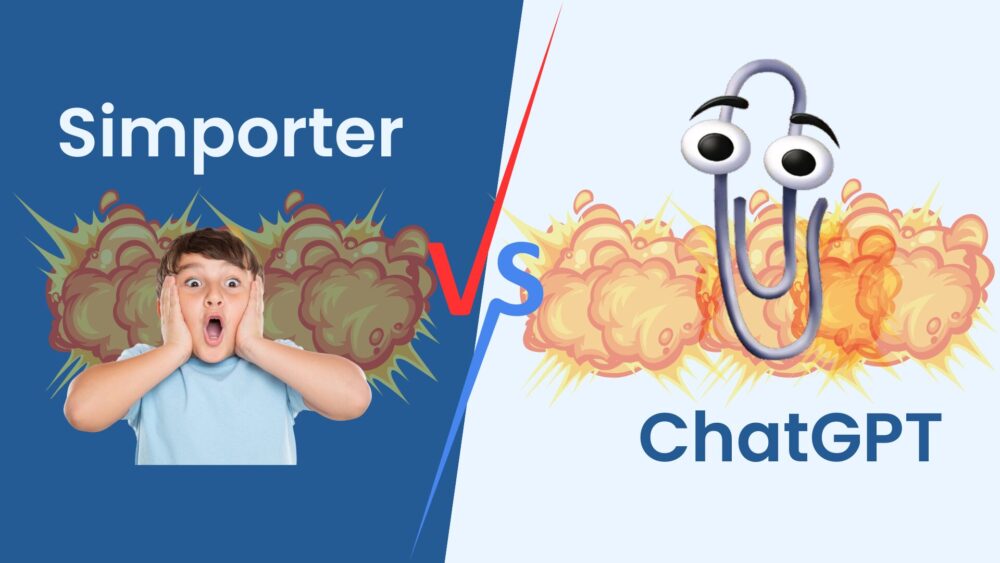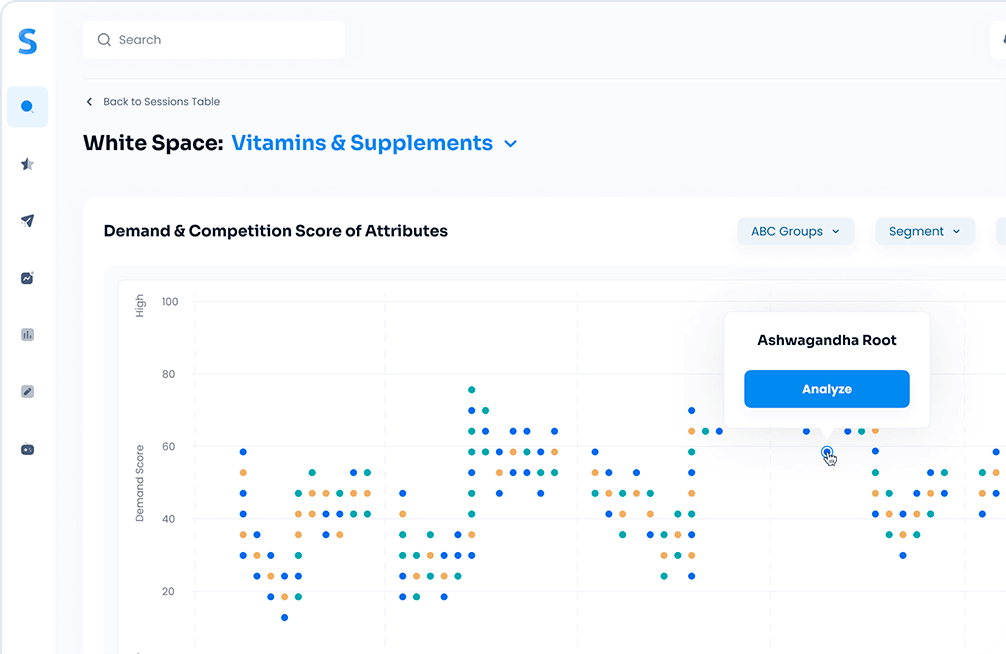As the world becomes more health-conscious, parents aren’t only concerned about their own health, but also about how the food they are feeding their little ones affects their health and development. Today more than ever, parents are educating themselves on nutrition labels and paying attention to what different foods and ingredients can mean for the well-being of their baby.
We see this playing out in the growth of the organic baby food market. Which was valued at USD 5.55 Billion in 2020 and is expected to grow to USD 12.22 Billion by 2028. What exactly are parents looking for in health-conscious baby food? Our White Space AI tool has been tracking this trend development.
What we’ve found is that there are 7 key attributes that will drive the growth in this category. Our AI White Space tool has scanned the web, taking into consideration data from social media, e-commerce product reviews, and search to create a simple dashboard (pictured below) that evaluates each trend in terms of demand score and competition score. Making it easy for brands to align their strategies with the gaps in the market.
Let’s get into each of the trends:
Made With Real Fruit
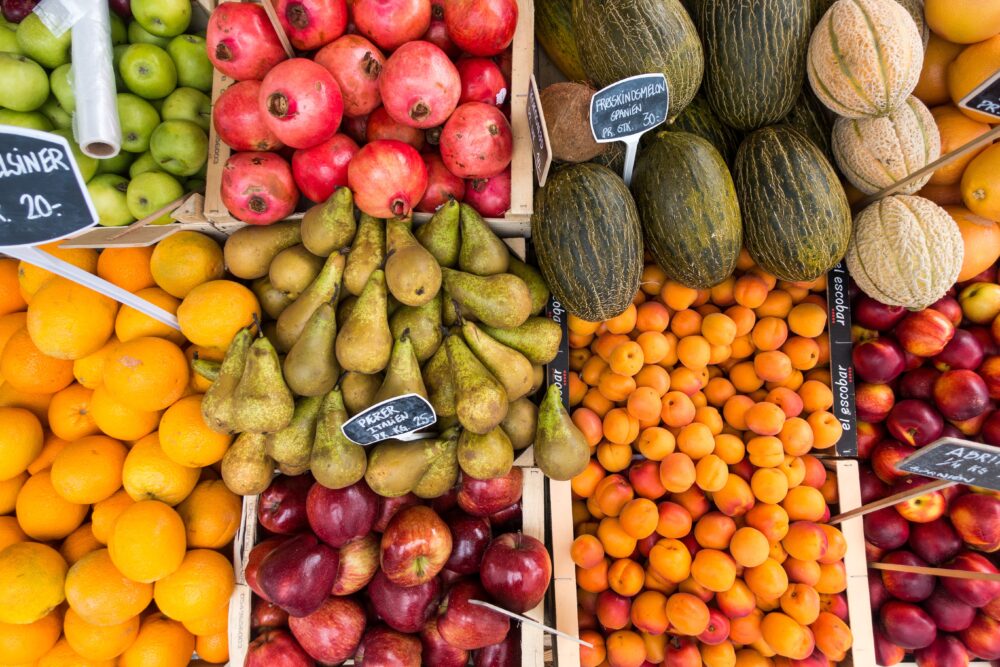
Parents are increasingly looking for foods that are made with real fruit, rather than preservatives. Looking to feed their babies with pure, whole ingredients, they’re turning away from products with listed ingredients that signal the use of synthetics. Rather they’re reaching towards the natural counterparts that are made with real fruit and real fruit flavors, such as LoveChild’s Organic Real Fruit Purees.
We can attribute this uptick to the extensive research that has popularity in the mainstream media, showing that artificial flavoring can affect a child’s nervous system in a negative way. It’s linked to things like headaches and even depression– which is why outside of the US many synthetic flavoring additives are banned.
Non-GMO Verified

Another increasingly important factor for health-conscious parents is ensuring that all their baby foods are non-GMO Verified. It’s no surprise that parents are concerned about GMOs– which stands for Genetically Modified Organisms with the expansive research that is linking them to health issues specifically in developing children.
They are proven to bring up a whole laundry list of problems such as neurological disorders (Autism and ADHD), increased allergies, damaged immune systems, growth failure, endocrine disruption, and digestive issues. In some animal-based studies, they’ve even seen tumors develop on occasion. As the knowledge of the effects of GMOs on babies expands, the demand for non-GMO Verified labeling will be even more vital for the baby food industry.
Clean Ingredients
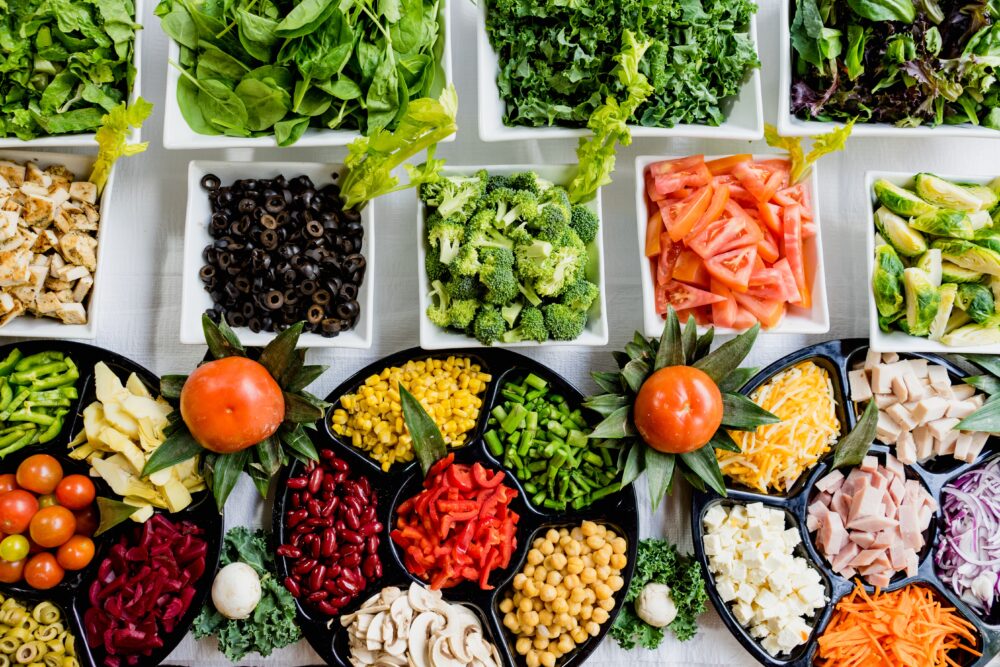
As the baby food market turns towards more health-conscious trends, the demand for “Clean Ingredients” is on the rise. When parents look for clean ingredients, they’re focused on foods that don’t have a long list of mystery ingredients– they are looking for transparency in what’s in the products that they are feeding their infants.
The demand for this can be seen in the growth of the non-profit organization, Clean Label Project. They certify brands that adhere to specific quality and standards of creating products that are free of toxins and other contaminants. Their list of certified brands has become a go-to resource for parents who want to ensure they’re feeding their children clean foods without having to worry about doing the research themselves. Some of the top brands on the list include Yumi,Little Spoon, and Cerebelly.
No Food Preservatives

An increasingly important topic for health-conscious consumers is understanding the downfalls of the preservatives hidden within pre-packaged foods. Specifically, when it comes to infants, some of the additives that increase shelf-life have long-lasting negative effects on the development of children.
The effects of preservatives have increased in the public eye– with numerous reports on how preservatives in baby food can lead to immune diseases, gastrointestinal symptoms, and even behavioral problems (Specifically ADHD). While there is still little research backing these claims, when publications like the Washington Post report on them, parents would rather err on the side of caution– rather than wait to find out. This is why parents are increasingly looking for labels that have no preservatives.
Pediatrician Recommended

When it comes to the health of their infants, parents turn to the experts they can trust– their pediatricians. This expands further than questions about physical health but also factors around what products they recommend as the best for their baby’s wellness.
We’re seeing a growing demand for products labeled “Pediatrician Recommended.” While there is a large search volume of consumers looking for Pediatrician Recommended products, as of now, this trend still has a very low competition score. This indicates that there are little to no baby food products available with this label yet, leaving a large gap in the market that parents are asking to see filled.
Superblend

A new addition emerging on the conscious baby food market is “Superblends.” Parents that are looking for specific health foods linked with aiding in healthy development are turning to Superblends to get the job done in one go. These are baby foods are created with multiple superfood ingredients to create a nutrition-packed meal for little ones– like this Stage 3 Superblend of Mango Carrot Yogurt & Oat by Beech-Nut Naturals.
While demand is high, brands are still catching on. With only a few key players in the market starting to create super blends the competition for Superblends is still low. However, we do expect that Superblends’ consumer demand will continue to rise with more and more parents giving extra attention to how nutrition plays into their baby’s overall wellness and development.
No BPA

Making sure all baby food packaging is free from Bisphenol A or BPA is an increasingly hot topic for the health and wellness of infants, scoring a high demand rating on the White Space AI tool. BPA is a chemical used in plastics that can be found in both hard packaging, and linings of cans and paper packages. While for adults it’s not a huge concern, recent studies have shown that it is linked to abnormal development of an infant’s nervous system, brain growth, and behavioral development.
Similarly, to ingredient labels, parents are acquainting themselves with reading the plastics labels, looking out for those that are linked with BPA, such as PC or the recycling sign with a #7 in the middle– even if not all PC #7 contain BPA, parents are airing on the side of better safe than sorry when it comes to their children’s health.
Key Takeaways
As parents become more health-conscious and their knowledge around how different factors with the baby food they purchase affect their infant’s development, there will be more importance put on clean, pure, and nutrition-dense baby foods. Brands that can make their labels easy to read, i.e. ingredient lists that don’t require googling to understand what they mean, will rise to the top of the demand curve. If you’re ready to transform your baby food brand for the health-conscious future, deep dive into the 7 trends with us here. If you’re curious about the full capabilities of Simporter, request a demo. Predicting trends and identifying gaps in the market is just the tip of what Simporter can do for your brand. To learn more, head to Simporter.com and discover how we can help your brand grow.

